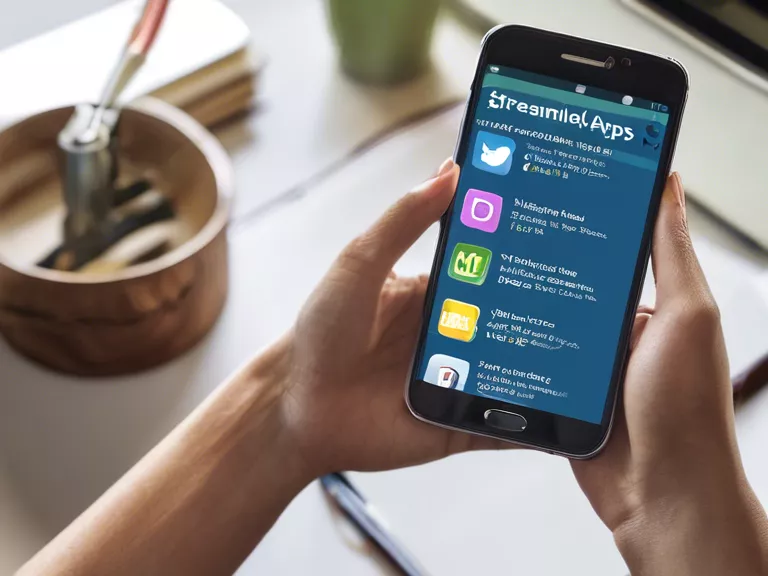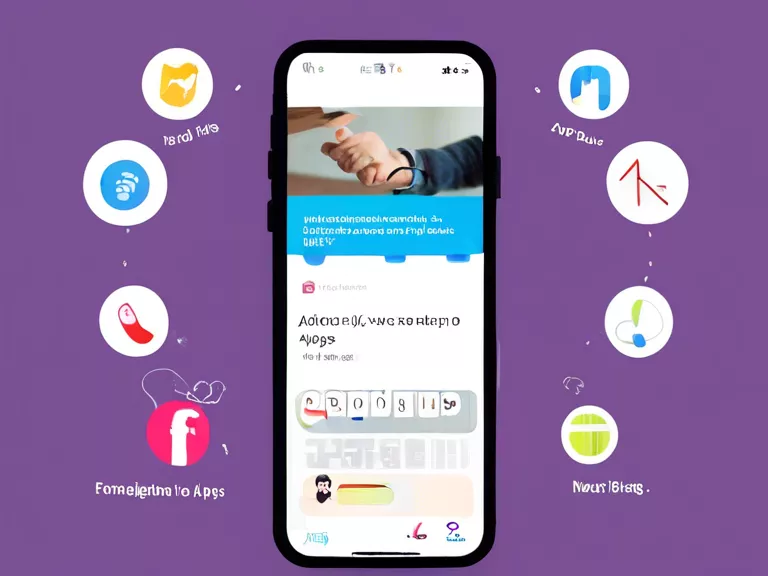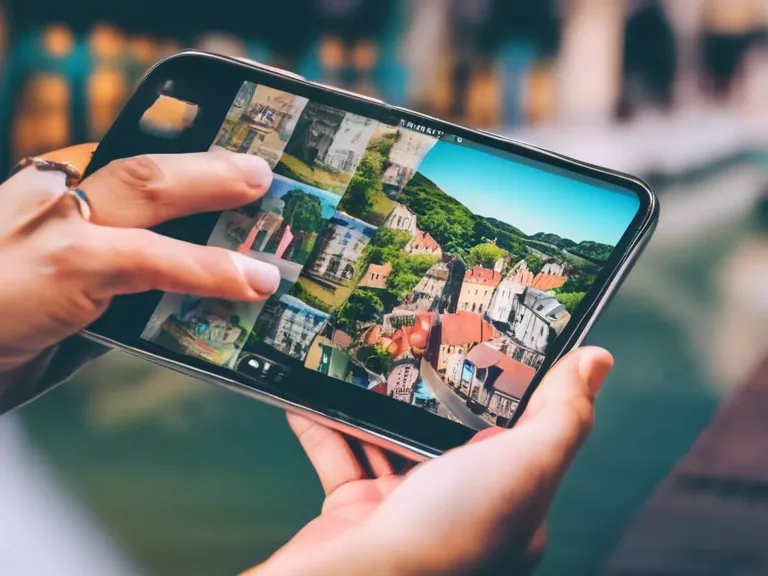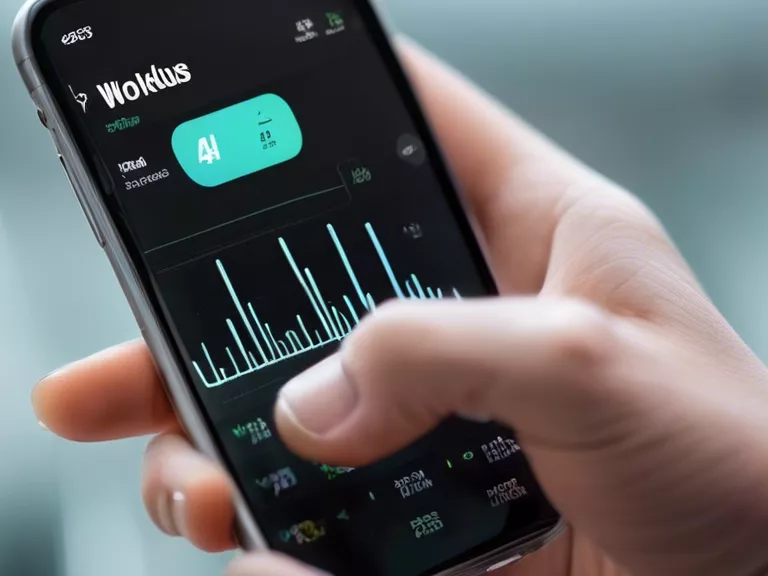
In today's digital age, personal finance apps have become indispensable tools for managing money, budgeting, and tracking expenses. However, beyond simply keeping track of your finances, these apps can also help you build better spending habits. By leveraging the features offered by personal finance apps, you can gain valuable insights into your spending patterns, set financial goals, and develop a more disciplined approach to managing your money.
One of the key benefits of using personal finance apps is the ability to track your expenses in real-time. By linking your bank accounts and credit cards to the app, you can easily see where your money is going and identify areas where you may be overspending. This visibility can help you make more informed decisions about your spending and prioritize expenses based on your financial goals.
Another useful feature of personal finance apps is the ability to set budgeting goals and track your progress towards them. By defining specific budget categories and allocating funds to each, you can avoid impulsive purchases and stay within your financial limits. Many apps also offer notifications and alerts to help you stay on track and avoid overspending.
Additionally, personal finance apps often provide tools for financial goal-setting, such as saving for a vacation, buying a home, or paying off debt. By setting clear goals and tracking your progress, you can stay motivated and focused on achieving your financial objectives. These apps can also offer insights into your overall financial health, such as your net worth, credit score, and debt-to-income ratio.
In conclusion, personal finance apps can be powerful tools for building better spending habits and achieving your financial goals. By tracking your expenses, setting budgets, and defining clear financial objectives, you can take control of your finances and improve your overall financial well-being.



